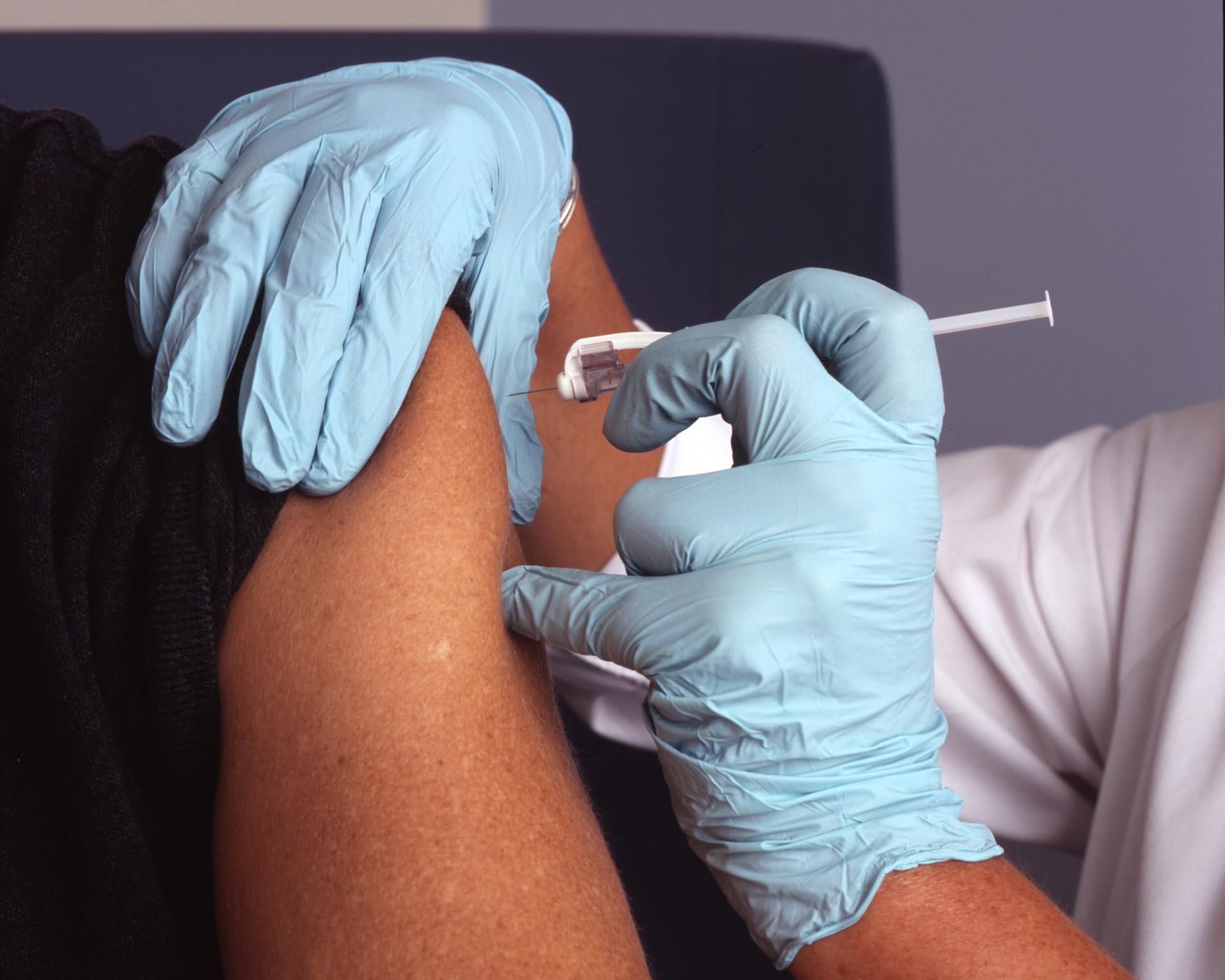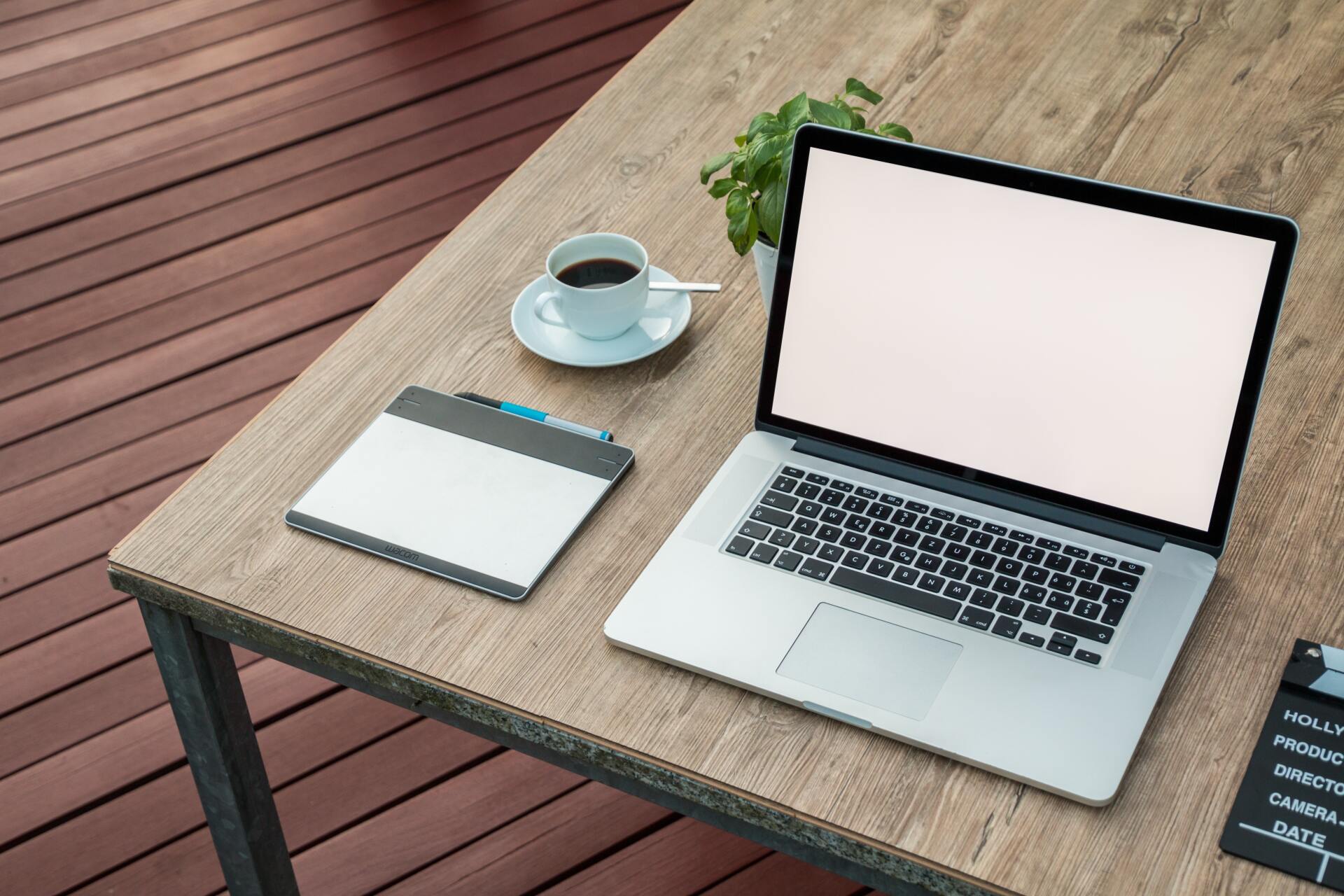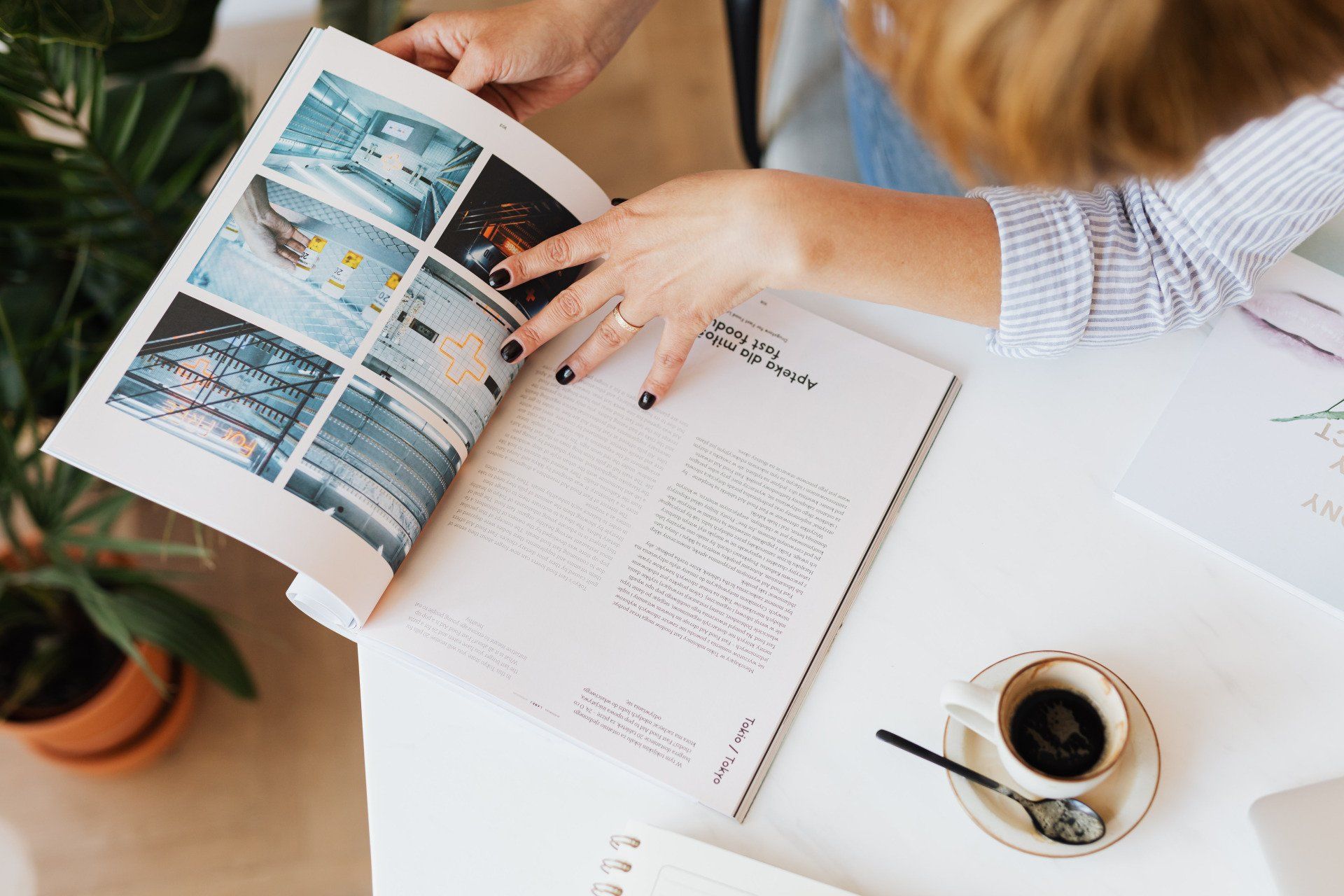Remote Working put to ‘Extreme’ Test
Remote Working put to ‘Extreme’ Test
Kevin O'Shea - Senior Consultant, IT
Remote working is being trialled nationally under extreme and unprecedented circumstances, so will it be here to stay after the COVID-19 threat has passed?
It’s too early to tell, according to Tardis Group Senior IT Consultant Kevin O’Shea.
While plenty of companies were already offering flexible working terms for some employees, many needed to rapidly upscale those measures across their wider workforce, including funding software and equipment so their teams could effectively function outside the office.
Less than a month into social distancing, it’s most likely that fledgling remote processes are still being fine tuned.
‘These work measures have been forced upon people, so it’s going to be interesting to see how it plays out – whether workers are more or less productive,’ Kevin said.
‘It’s a test under extreme circumstances. It’s hard to say if it’s good or bad, but it’ll be interesting to see. Some may be more productive, but for those who have to look after kids and pets, days may be more disrupted.’
As a recruitment specialist, he sees potential benefits in:
- Removing commute time and associated stress for workers who’d be amidst the ‘heavy vibes of thousands of unhappy people rushing to work every day’;
- Workers likely logging into work earlier because they don’t have the commute time;
- A reduction in micro-management as more trust develops through out-of-sight productivity; and,
- More flexibility for the workforce around their work-life requirements.
Potential downsides surround:
- Virtual meetings – it’s harder to read emotional cues and build trust;
- Achieving deadlines if colleagues aren’t responsive (you can’t easily eyeball each other to express urgent deliverables); and,
- Online on-boarding of new staff.
While Kevin is finding demand for IT support workers, software engineers, security engineers and analysts since COVID-19 impacted, he acknowledges the huge rate of staff reduction across the country. Tardis Group is helping companies manage ‘off-boarding’ – the standing down of often loyal staff due to the unprecedented business conditions resulting from pandemic.
‘The way you handle the transition for good people who are stood down can help establish future loyalty for when business conditions turn around,’ he said.
‘The speed of workforce change has been extraordinary.’
Kevin says how we we’ll work beyond this period, whether we’re back in the office or we continue to work remotely, will depend on how long the social distancing rules last.
‘Many people will be keen to get back to their workplace, so, if it’s decided within weeks that we don’t have to socially isolate anymore, we may go back to how we were quite quickly,’ he said.
‘If, however, this continues for a sustained period – let’s say till Christmas – thousands and thousands of people will be unemployed with a drastic impact on the economy. There’ll be a whole lot of people working from home with kids in or out of school… it really would be too messy to say how that would then play out for the future.’
In the meantime, to ensure productivity at home, Kevin O’Shea suggests adapting the environment to what is most conducive to individual success.
‘If you’re best left on your own for three hour blocks, you may need to get up before the kids to get that quiet time,’ he said.
‘Some people need to be free of disruptions, some people may aim for four big tasks by 4pm. Depending on your working style and circumstances it’s good to set up structures for your work day.’






TARDIS GROUP I Copyright 2023 | Privacy Policy | All Rights Reserved Sitemap | Made with 💛 by Shazamme






